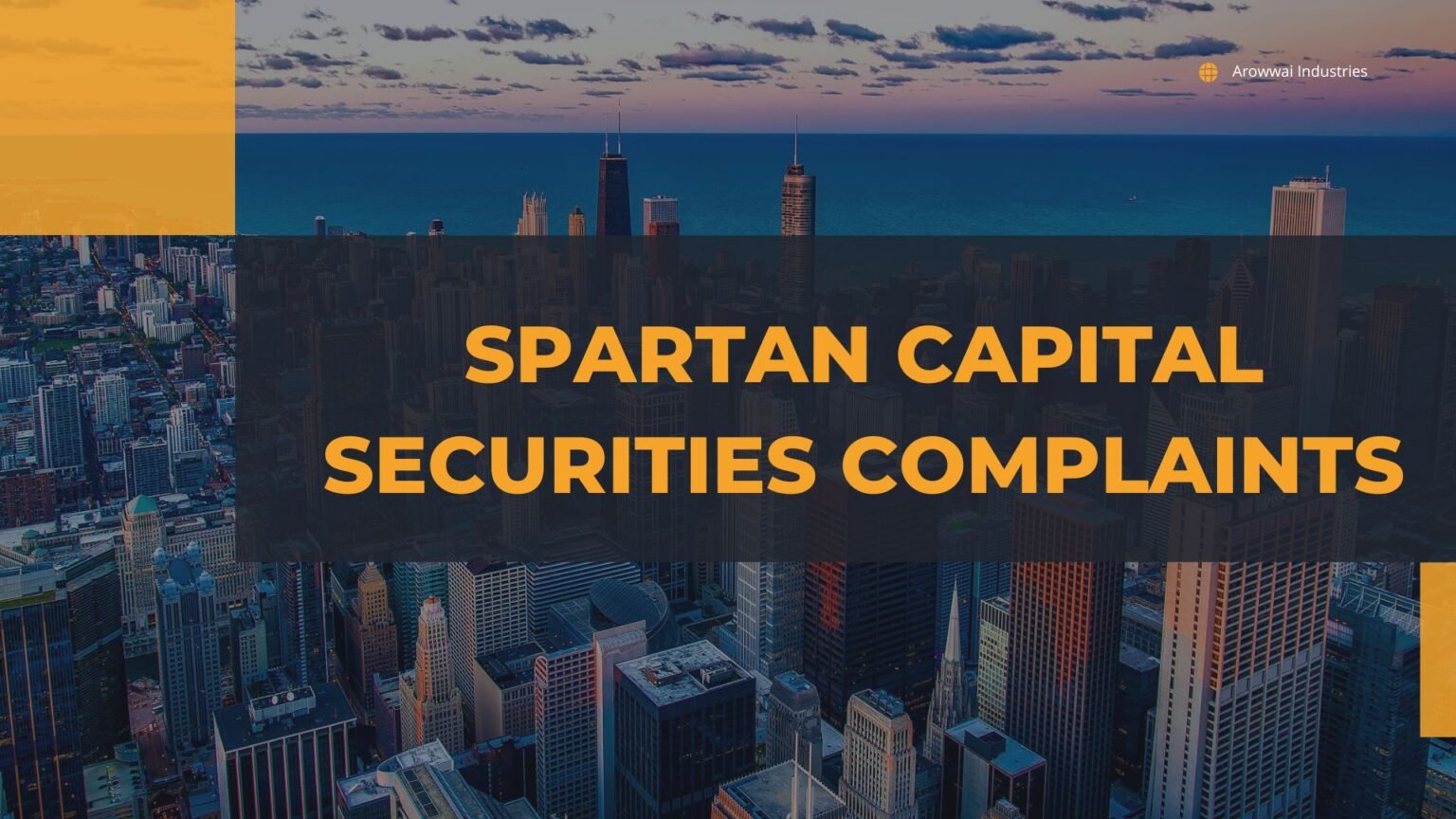Blog
Law
When life takes an unexpected turn and you’re dealing with the aftermath of an accident or injury, hiring the right personal injury lawyer can make all the difference. If you’re
When a car accident occurs, determining who is at fault is a critical factor in deciding liability and compensation. However, in states with no-fault laws, this process unfolds differently. Instead
Photo by Melinda Gimpel on Unsplash What is Whistleblower Retaliation? Whistleblower retaliation involves adverse actions against employees who report misconduct or illegal organizational activities. These actions punish and intimidate those
Have you lost a loved one due to someone else's negligence? It's a painful time, and seeking justice can feel overwhelming. But did you know that having legal representation can
Load More
Technology
Gadget
Categories
21 Posts
43 Posts
5 Posts
198 Posts
4 Posts
27 Posts
18 Posts
7 Posts
18 Posts
8 Posts































